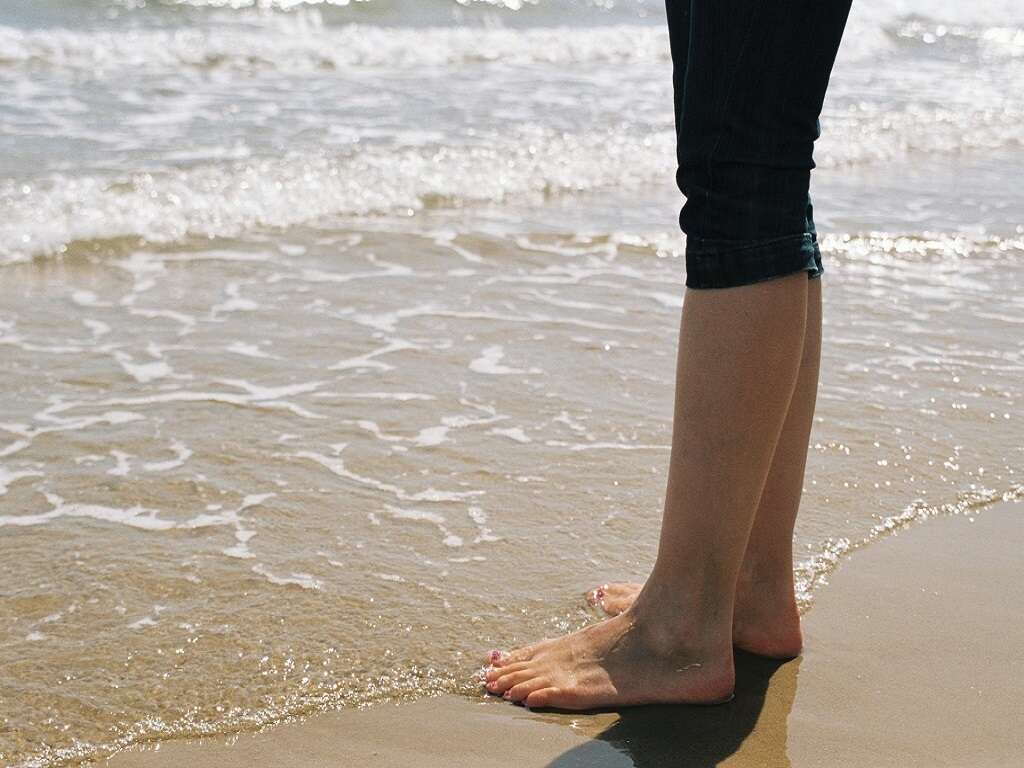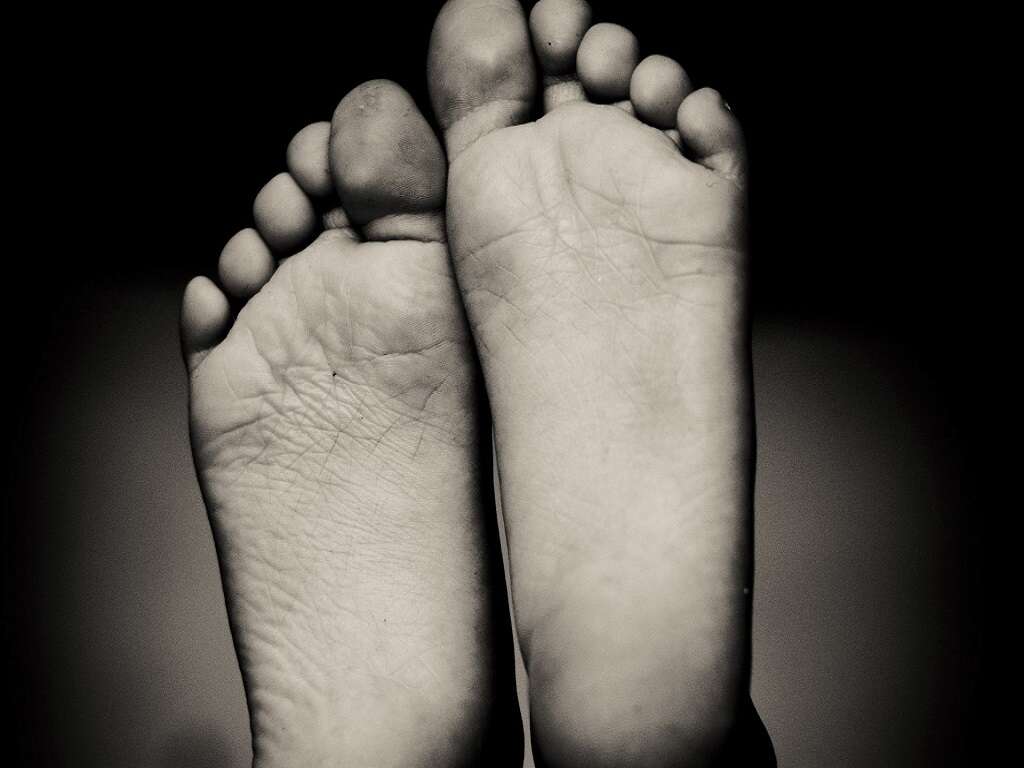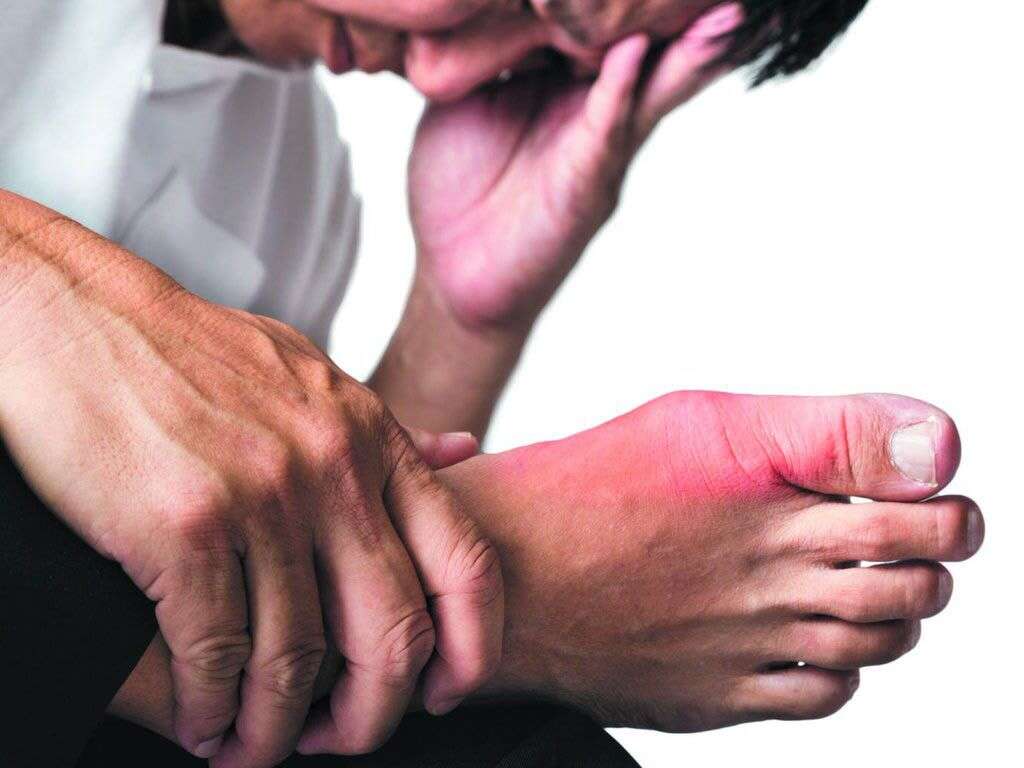10 Causes of Cold Feet
On a cold day, it is usually our feet and hands that feel it the most. This is usually remedied quite easily by wrapping up warm or just avoiding going out if it is too cold. This is not always practical though, and we have little choice but to grin and bear it.
While cold feet are usually down to something as simple as being cold, that is not always the case. It can also be caused by a number of underlying health conditions and some of these are potentially serious.
This article looks at 10 causes of cold feet. If you are not sure what is causing your cold feet then you should make an appointment with your doctor to be on the safe side.
Cause Of Cold Feet #1: Cold Temperatures
Cold weather can, of course, cause cold feet, especially if they are not wrapped up properly. It is important to note, though, that the extremities such as the hands and feet can get cold even when the rest of the body is warm.
This is partly to help prevent loss of heat from the body. The blood is close to the surface in the feet meaning that heat can easily be lost through the thin skin. As such, the blood vessels contract to limit the volume of blood flowing through the extremities. Keep your feet warm and you could be helping to keep the rest of your body warm as well.
Cause Of Cold Feet #2: Anemia
Our blood is made up of different kinds of cells and fluids, with red blood cells being among the most common. They are very important for us and, as can be guessed, they are what gives our blood its red color. The red blood cells enable us to transport oxygen around the body, making them very important to us indeed.
Some people will have too few red blood cells in their blood, and this can be caused by various factors including deficiencies of iron, folate, or vitamin B12. It can also be caused by chronic kidney disease. Fortunately, most cases of anemia are fairly easy to correct with a change in eating habits.

Cause Of Cold Feet #3: Hypothyroidism
The thyroid is a gland that is found in the neck. It is responsible for manufacturing and releasing certain hormones that have a direct impact on our metabolism. This can lead to various unwelcome symptoms, one of which is cold feet.
Our metabolism includes factors such as how fast our heart is beating and how warm our bodies are. When the thyroid gland is not as active as it should be, this can result in a slower circulation, and this can also lead to cold feet. Other symptoms of hypothyroidism include weight gain, fatigue, weakness, a puffy face, and hoarseness.
Cause Of Cold Feet #4: Poor Circulation
Our blood is heated by our body heat. This means that as the blood is pumped around the body, the extremities get heated by the warm blood. This requires a healthy circulation that keeps the blood flowing to all parts of the body. As such, people with poor circulation can find that their extremities get cold.
A poor circulation is one of the most common reasons for cold feet. It can be caused by a wide range of things, such as heart conditions to having sat down all day long. It is often something that can be overcome by changing your eating habits as well as your lifestyle habits overall.
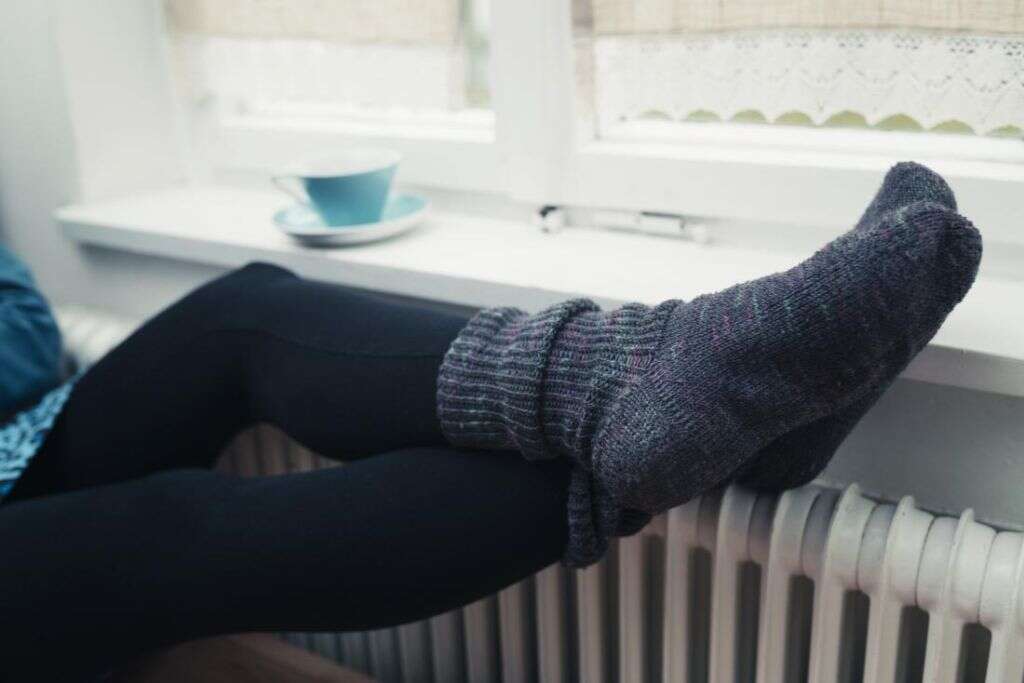
Cause Of Cold Feet #5: Stress
Stress is an important component of our flight or fight response. The body goes into a heightened sense of alertness and also prepares itself for potential injury. This includes constricting the flow of blood to the extremities, and this can cause our feet to feel cold.
Even for people living in civilization, the flight or fight response can be beneficial. Too much of it is far from good for us, however, and it can lead to poor physical and mental health. It is something that should not be taken lightly and it is important for everybody to make some time to relax.
Cause Of Cold Feet #6: Arteriosclerosis
The walls of our blood cells are fairly thin, although they are also quite strong. They are also fairly flexible and this allows them to handle blood being pumped through the blood at different pressures. As we get older, however, our blood vessels can become thicker.
Arteriosclerosis is a condition where the walls of our arteries become harder and thicker. This can lead to numerous symptoms such as muscle weakness, shortness of breath, chest pain, pain in the limbs, and fatigue. Cold feet are another symptom that you might be suffering from arteriosclerosis. You should see a doctor if you are experiencing these symptoms.
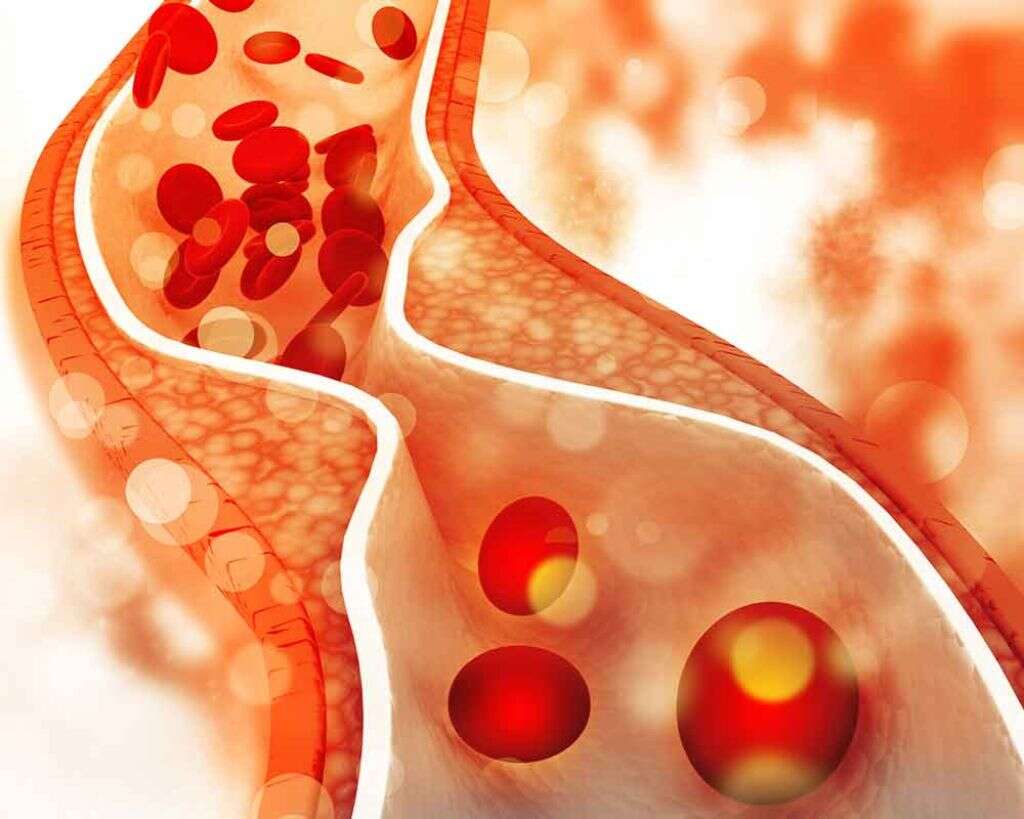
Cause Of Cold Feet #7: Raynaud Syndrome
Raynaud syndrome, also known as Raynaud’s phenomenon, is a condition in which arteries can spasm. This leads to a reduction in blood flow and this, in turn, can cause the feet to turn cold. It can also sometimes affect the ears, lips, and nose and the affected area is also likely to turn blue and/or white.
When the blood flow returns to normal, patients will typically turn red and the patient will feel a burning sensation. The causes are often not known, but cold weather and/or emotional stress are often contributing factors. Around 4% of the population has the condition, and severe cases can lead to gangrene and skin sores.
Cause Of Cold Feet #8: Diabetes
Diabetes is a relatively common condition that can have a profound impact on the lives of the people it affects. It can be hereditary, while it can also be the result of lifestyle habits. It causes the patient to have a high blood sugar level, and it causes a variety of unwelcome and potentially dangerous conditions.
One symptom of diabetes is that the arteries become narrower and this, in turn, can cause the feet to become cold. Because diabetes is a condition that should be taken seriously, you should consider speaking with a doctor if you are regularly experiencing cold feet. There is no known cure for diabetes, but the condition can be treated.

Cause Of Cold Feet #9: Peripheral Vascular Disease
Peripheral vascular disease is a condition that can affect the arteries and/or the veins. It is a disorder that causes blood vessels that are not in the brain or heart to block, narrow, or spasm. Patients will usually find that the symptoms decrease after rest, and one of the symptoms is cold feet.
Other symptoms of peripheral vascular disease include fatigue and pain, with the symptoms commonly being experienced in the legs. It can also affect the blood supply to the arms, intestines, kidneys, and stomach. You should arrange to speak with a medical professional if you are experiencing these symptoms.
Cause Of Cold Feet #10: Nerve Disorders
Our nervous system travels throughout our bodies. It needs to do so because our brain needs to know what is happening with every part of our body. If one of our feet is in fire, for example, the brain needs to know in order to move it straightaway to prevent serious damage to the body.
These nerves can become damaged, though, and this will affect our bodies ability to sense what is around us. Damage can be caused by numerous conditions such as diabetes or physical trauma. This can cause our feet to feel cold, while other symptoms include pain, tingling, and numbness.




